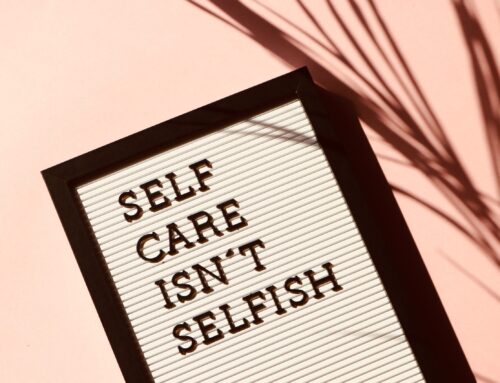Introduction
We all value our friendships, which provide us with emotional support, laughter, and shared experiences. However, sometimes we find ourselves in situations where a friend’s mental health struggles affect our well-being. This delicate balance of offering support while also protecting ourselves can be challenging. In this blog post, we’ll explore helpful ideas and tips to navigate this complex territory, ensuring you can maintain your friendship while prioritising your mental health.
Establish boundaries
Setting boundaries is crucial in any relationship, especially when your friend’s mental health struggles affect you. Clear boundaries help you maintain a healthy balance between supporting and prioritising your needs. Consider setting limits on how much time you spend together or discussing specific topics that may trigger you. Communicate these boundaries with your friend non-confrontational, emphasising that you’re doing this to protect your well-being.
Practice self-care
Supporting someone going through mental health issues can be emotionally taxing. Prioritising self-care is essential in ensuring you have the emotional and mental capacity to be there for your friend. Self-care can take many forms, such as exercise, meditation, journaling, or pursuing hobbies that bring you joy. Make time for these activities and understand that taking care of yourself is not selfish but necessary.
Encourage professional help
Encouraging your friend to seek professional help is one of the most effective ways to support them while protecting your well-being. Mental health professionals are better equipped to help your friend navigate their struggles, and involving a professional can alleviate some pressure on you. Offer to help them find a therapist, support group, or other resources, and remind them that seeking help is a sign of strength, not weakness.
Seek support for yourself.
Just as you encourage your friend to seek professional help, it’s also essential to seek support for yourself. This can be through a therapist, support group, or simply talking to other friends or family members about your experiences. Sharing your feelings and seeking guidance from others who understand your situation can help you maintain your mental health while supporting your friend.
Be patient and understanding.
Navigating a friendship with someone experiencing mental health challenges requires patience and understanding. Your friend may not always act like their usual self, and it’s crucial to remember that their behaviour is likely a symptom of their struggles. Be empathetic and try to put yourself in their shoes. However, remember that there’s a limit to how much you can endure, and it’s essential to strike a balance between understanding and self-preservation.
Learn about their mental health condition.
Educating yourself about your friend’s mental health condition can help you better understand what they’re going through and how you can best support them. Knowledge about their condition can also help you recognise unhealthy patterns and behaviours. Numerous online resources, books, and support groups are available to help you learn more about specific mental health conditions.
Communicate openly and honestly.
Open and honest communication is key to maintaining a healthy friendship, especially when mental health struggles are involved. Share your feelings, concerns, and boundaries with your friend, and encourage them to do the same. This dialogue can help you understand each other better and work together to navigate the mental health challenges within your friendship.
Remember the positives
During tough times, it can be easy to focus on the negative aspects of your friendship. However, it would be best to remind yourself of the positive moments and qualities you cherish in your friend. Focusing on the good can help you maintain perspective and motivation to continue supporting your friend and working on your friendship.
Accept that you can’t fix everything.
As much as we’d like to be able to solve our friend’s problems, it’s essential to recognise that we can’t fix everything. Your role as a friend is to provide support, encouragement, and a listening ear, but you can’t be responsible for their overall well-being. Accepting this reality can help prevent you from feeling overwhelmed or burdened by your friend’s mental health struggles.
Know when to step back.
Sometimes, your friend’s mental health struggles become too much for you to handle, and that’s okay. Recognising your limits and knowing when to step back is essential for your well-being. It’s important to remember that it’s not a sign of failure or weakness; rather, it’s an acknowledgment that you must prioritise your mental health. Communicate this with your friend and let them know you may need to take a step back but still care for them.
Conclusion
Navigating a friendship when your friend’s mental health affects you can be challenging, but it’s not impossible. By establishing boundaries, practising self-care, and seeking support for yourself and your friend, you can maintain your friendship while prioritising your well-being. Open communication, empathy, and understanding are key to navigating this delicate balance. Ultimately, it’s important to remember that you are not alone, and resources are available to help you and your friend through these challenging times.





